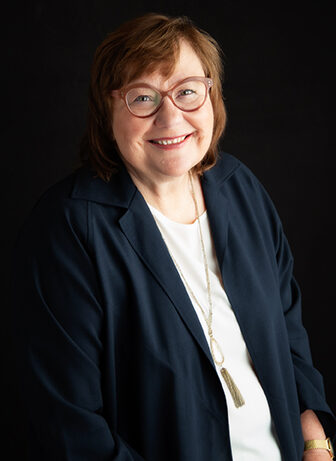Why Should Anyone Read a Book about Dying?
When friends and acquaintances ask me what I have been up to in the past few months, I tell them that I have been writing a book about dying and how to prepare for dying well. Even among the most supportive of the lot, there are some surprising responses. And the most surprising to me goes something like this, “Oh, that’s nice… What do you think about the weather we’re having?”
At first I was a little offended off by this response until I realized that what people were trying to tell me was that even the thought of thinking about death and dying was something that they would rather sweep under the carpet and avoid altogether. Yet of course no one gets out of this life alive. After all, along with birth, death is a universal experience.
Interestingly enough, I even heard a variation of this kind of response from those whom I knew had lost loved ones recently, “Well, since my fill-in-the-blank loved one passed away, I don’t want to have anything to do with death, much less read a book about it.”
I came to the conclusion that that my writing about death needed to help break down the denial and communications barriers that don’t allow people to consider death as part of our life experience. Compounding this layer of denial, I believe that there is quite a bit of shame attached to the experience of grieving for our dying and dead loved ones. When you look at our culture, there is an expectation that people should “get over” deaths of loved ones as quickly as possible. When I worked in the corporate world, the maximum time off allowed for bereavement was 5 days, and it had to be for the death of an immediate family member. And when I watch a news broadcast about a large-scale tragedy where lives are lost, I will inevitably hear a news anchor say words to the effect that “the healing process can begin now.” The truth is that healing from the death of a loved one can take a very long time and certainly doesn’t happen overnight.
To those tiptoeing around the subject matter of death, I would invite you to ponder your reasons for doing so. Perhaps you have unresolved grief that could be explored in a grief support group or with a private therapist. Perhaps you felt emotionally overwhelmed and overwrought from an experience with a dying loved one and feel like you never want to go through that again. Many of us feel uncomfortable exploring our emotional side and instead prefer to focus on the physical tasks of doing things around a loved one who is dying. And there is after all an endless list of things to do when you are caregiving a seriously ill person!
In the end, all I can ask of my friends and my audience for this book is to read it with an open mind. My hope is that you will find words of comfort and kindness because I have chosen to write from the heart. While dealing with death can be a cold and bleak experience, it can also be a sacred time of healing and personal evolution.



